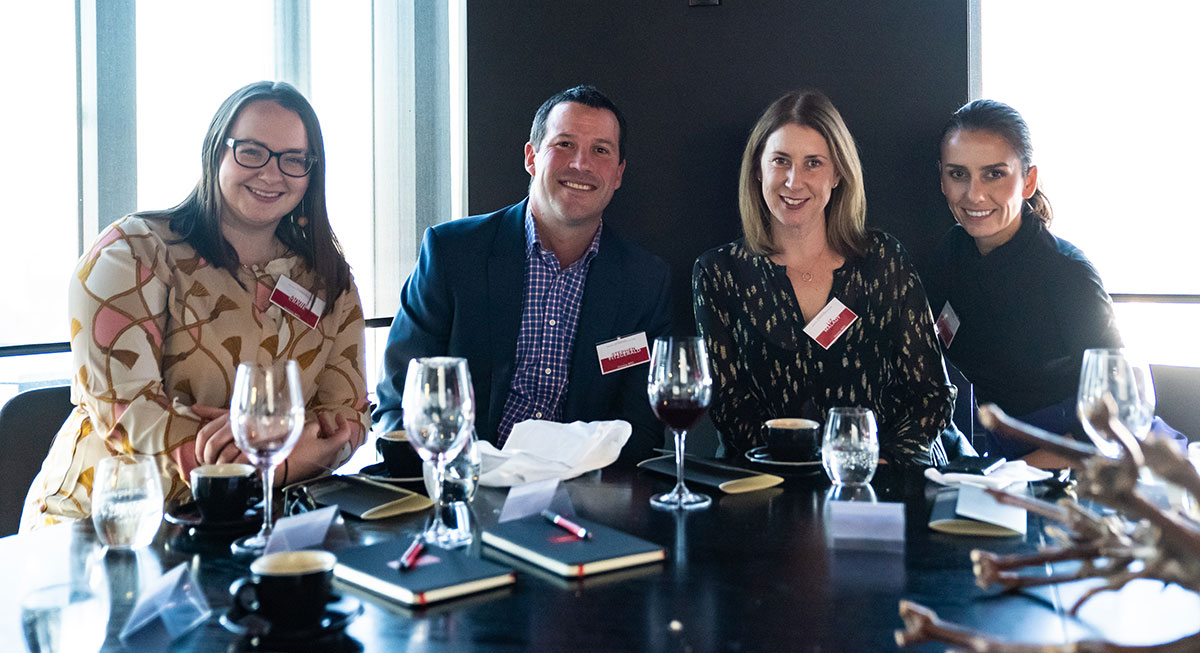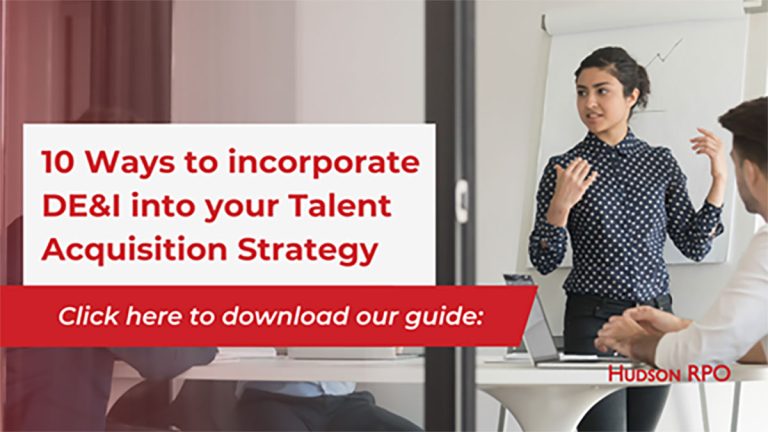- Blogs & Articles
This year’s recruitment technology trends according to our tech expert Stephen
Deciding on the right technology for a recruitment process can be challenging. The technology market is ever changing, and new vendors are continually entering the market. Every development in the tech space has implications for recruitment processes, candidate expectations, and how we can optimize our talent processes. How to keep up with changes in an already rapidly evolving world of work?
Stephen Fitzgerald, our Technology Director in Asia Pacific, shares his insights on what the future holds for recruitment technology. Curious about his role and how helps our clients? Read the first part of our series here.
How do you keep abreast of technology in the HR space, and how does Hudson RPO manage innovation and technology as a global organisation?
Together with the technology experts from our other regions, we are continuously researching products on the market. This is an exciting but challenging journey, as every quarter new products are launched, and existing products are launching new features. We take demos of different products and compare them all the time, ranging from interview scheduling technology to internal mobility platforms and everything in between.
There are so many great technology products out there, so it is not just about understanding the technology. It is about understanding our clients, their challenges, and what technology would best fit the results they are looking to achieve.
When you look back on the last 2 years, what changes have you seen in technology?
I think of the changes the COVID-19 pandemic has brought about in the world of technology as an acceleration, rather than a change. Technological programs and processes became more focussed on automation, self-service, and workflow scenarios. The pandemic has increased an awareness that there are different ways of working, and that the technology enabling that is accelerating and adapting. As a result, processes can become more agile, remote, and less dependent on human interactions. Automation and AI are the biggest technologies that underpin that development.
And what are your insights on the trends that you are seeing in HR technology at the moment?
Currently there is a big shift towards enterprise-wide human capital management (HCM) platforms, which include recruitment modules. We have seen clients move towards such systems in search for a solution in which recruitment functions, like an ATS, are fully integrated into workforce management and insights. This allows them to forego expensive and complicated integrations while seamlessly integrating recruitment systems.
What does the future look like?
I am excited about several things in the future. Firstly, as talent acquisition evolves, I believe we will start looking more at holistic workforce technologies, involving components of external markets and labour market quantification, brining workforce planning to a new level.
Secondly, I see an opportunity in contingent workforce planning technologies. We are only just at the beginning of contingent workforce systems, and as we move towards a gig-based economy, there is a big future in that area. Other elements of the recruitment process will continue to be automated, improving candidate experience while freeing up time and capacity for recruiters and business leaders to spend meaningful time with candidates.

Hudson RPO
Content Team
The Hudson RPO Content Team is made up of experts within the Talent Acquisition industry across the Americas, EMEA and APAC regions. They provide educational and critical business insights in the form of research reports, articles, news, videos, podcasts, and more. The team ensures high-quality content that helps all readers make talent decisions with confidence.
Sign up to receive the latest recruitment insights and Hudson RPO news.







